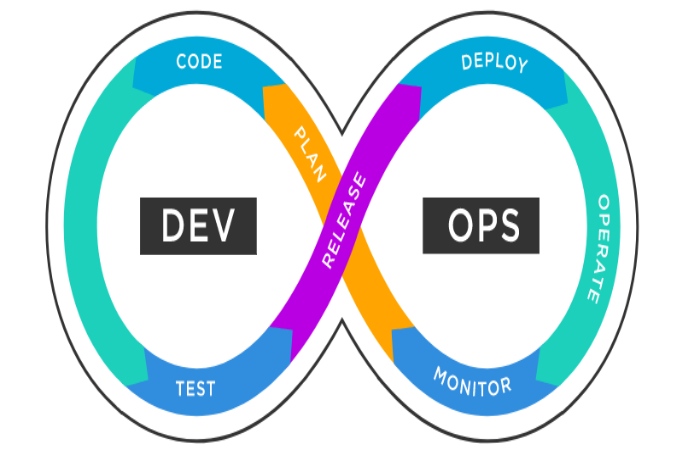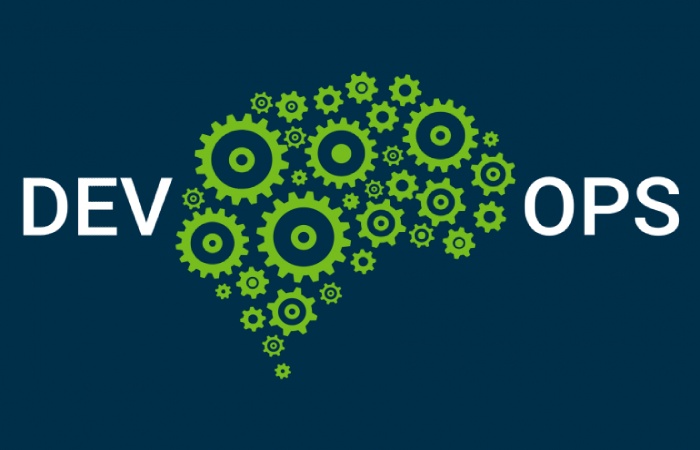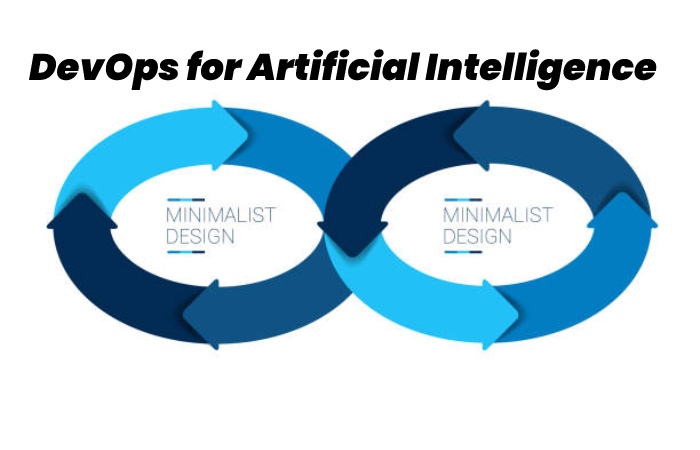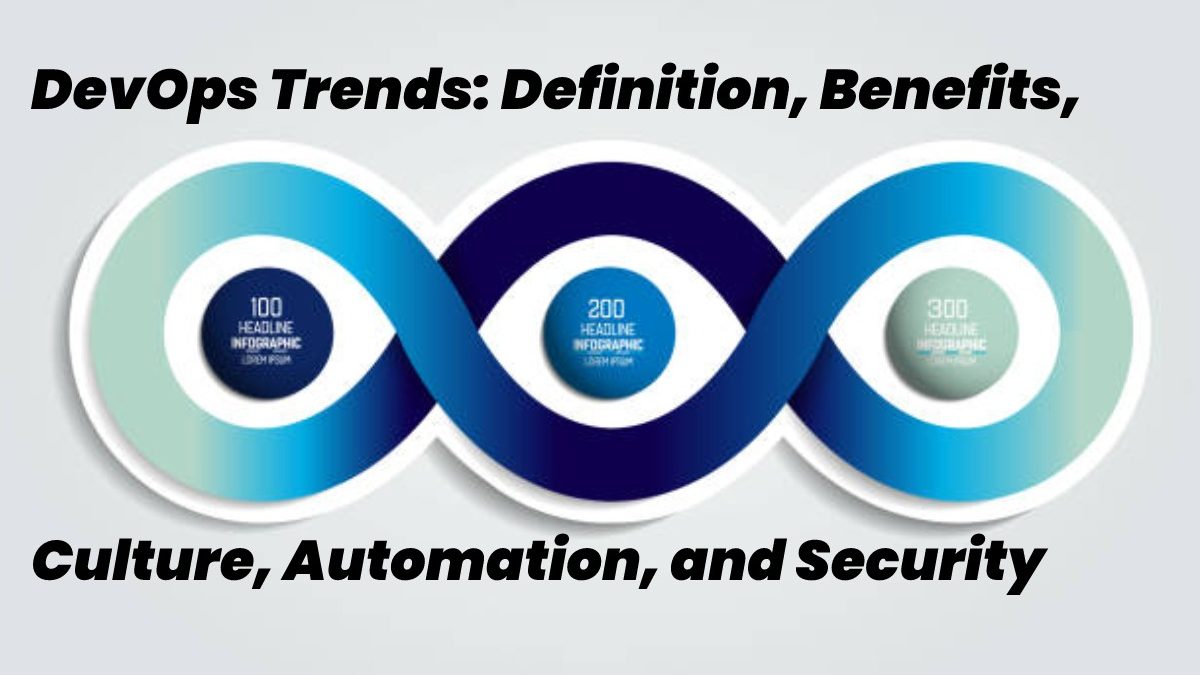DevOps is about constant improvement, and many trends are maturing this year and going mainstream. There’s value in finding out what’s coming next in a field that moves as fast as DevOps.
DevOps (a combination of “Development” and “Operations”) is an ethos that emphasizes the importance of communication and collaboration between software developers and production. IT professionals while automating the implementation of software and infrastructure changes, as previously reported by TechRepublic.
The goal is to create a work environment where building, testing, and deploying software can be done quickly, reliably, and frequently. A business can achieve its goals faster and deploy new features, security patches, and bug fixes.
Table of Contents
What is DevOps?

The term DevOps comes from the world of agile methodologies and does not have a single definition. One of the most precise is the one used by the BairesDev company. “It is a set of practices that bridges the gap between software development (Dev) and IT operations (Ops)”.
For Wikipedia, DevOps (English acronym for development -development- and operations -operations-) is “a set of practices that combine IT operations ( Ops ) and software development ( Dev ) whose objective is to shorten the cycle of life of systems development and providing continuous delivery with high-quality software (…) several aspects of DevOps come from the Agile methodology”.
Benefits of DevOps – Devops Trends
As a pillar of agile DevOps methodologies, it seeks automation, continuous monitoring, information sharing, product development and IT operations.
Among the benefits of a DevOps practice application are:
- It increases the speed of companies’ commercialisation and reduces delivery costs of new products and services.
- It creates higher-quality software, better customer adoption rates, and lower risk in delivering products and services.
- Standardize processes, and increase automation to improve predictability, efficiency, maintainability and security.
- It stimulates self-sufficient teams where collaboration is one of its main objectives.
DevOps Trends 2021

Experts predict that the DevOps market will reach 12,850 million dollars in 2025, a field where Big Tech have been the pioneers. Facebook releases millions of lines of code on its website daily with no downtime, and Amazon can release code every ten seconds and update 10,000 servers at once.
The implementation of DevOps in software engineering is the crucial factor in its massive adoption today, and for the coming years, the following trends are envisioned:
1. DevSecOps will become the New DevOps – Devops Trends
As development teams increasingly adopt cloud-based technologies, their lifecycle will require a native security approach that can only come from DevSecOps, integrating the Development, IT Operations, and Security teams.
2. Full Automation in DevOps Processes
During the pandemic, many companies developed automation plans like never before. And also, DevOps will use advanced automation tools to assess error-prone human tasks along that path.
3. Organizational Culture and DevOps
Outdated technologies, complex processes, and the uncoordinated actions of disconnected teams are part of an old organizational culture that is set to change dramatically with DevOps.
4. Future of the DevOps Trends
In 2021 and beyond, DevOps will continue to shape companies’ organization and development processes leading the ongoing digital revolution. And also, knowing their trends and staying up-to-date with their future is a must for those of us who work in changing and volatile industries such as software and technology.
5. DevOps Trends in the Digital Transformation of Companies
DevOps is one of the concepts most often heard about in IT environments and is associated with the strategies and methodologies that derive from digital transformation and the adoption of the Agile method. But this year, 2018 has brought new trends that we must take into account in the face of the digital transformation of companies.
6. DevOps for Artificial Intelligence

We are starting to see tools that allow software developers to deploy AI-based models quickly. These products still have a long way to go in companies’ operations, and for now, they are a development aid, not an operational aid.
Of course, we are witnessing the initial rise of these tools, commonly called MLOps, and we will see the appearance of new AI models applied to DevOps flows in companies, which are currently maturing in a short time and are not yet ready. And also, to start being used.
7. Digital Transformation has Accelerated
Talking about digital transformation is already taken for granted in a good number of companies. And also, the adoption of online tools, the transfer of data from the company’s servers to the cloud, or adopting the Agile methodologies that we mentioned at the beginning are no longer a future but a reality. Digital transformation opens up many opportunities, but it has also redefined business.
8. DevOps and Security
The term DevOps does not usually refer to security, as this methodology tends to use for software development and verification. But one of the trends on the rise is the inclusion of security parameters in the DevOps methodology, a concept known as DevSecOps. There was a lot of room for improvement, and integrating security into our company’s DevOps division accomplished two goals.
9. Develop Applications and Systems with the Agility that the Client Expects
Supervise that the software meets security standards and robustness against possible attacks caused by a vulnerability. And also, it is not easy to integrate security into the DevOps strategy of companies since it is, in itself, a challenge.
Security technicians know that the cybersecurity strategy is a race of obstacles where when some are overcome, new ones appear that were not foreseen or that someone discovers. But all the good that the cooperation of both departments brings to the company allows us to keep this integration in mind as a future trend.
10. The Implementation of DevOps is a priority for CIOs
According to a study by the consulting firm Gartner, the news invites us to be optimistic; investment in digital transformation by companies has increased by 13.4%. From another perspective, as cited in the CIO Survey 2018, “ by 2021, 65% of CIOs. If will extend agile/DevOps practices across the enterprise to achieve the necessary speed of innovation, execution and change.”
This change in trend occurs at a time when digital transformation is a reality in a large number of companies and when it has been possible to verify how this transformation. Is together with the development of methodologies such as Agile or DevOps. And also, it not only provides added value to companies but also opens the doors to a new way of doing business and relating to customers.
How can we help your Company to Implement DevOps?
With our professional services, we help organizations understand. Which is the most appropriate path and tools according to the case of each one since we have the knowledge to do so. And also, the ITAC Software Factory has more than ten years of performing continuous integration.
We have six initiatives to achieve this concept successfully:
Implementation of continuous integration scheme and automatic construction of installers: It allows consistently receiving and generating applications towards QA and production environments to avoid errors.
Deployment automation: Eliminates errors in outputs to production and promotes a higher frequency. It’s of works to show than in an automated scheme.
Generation of Dynamic Environments (tokenization): Dockerization of environments to have parallel test or production environments and dynamic growth.
Development Life Cycle Management (Requirements → Release): We provide practices to manage the software life cycle, allowing them to learn about empowerment and thus have control of their software. And also, tools to control and use your source codes.
Continuous Test Automation: Case automation, test data generation, service virtualization.
Security: In the Development Process
- Business Monitoring (Ops)
- Implementation of hybrid cloud infrastructure for Containers
- And also, change Management in the Organization.
Conclusion
If you work in technology. If you have undoubtedly heard the term DevOps Trends as one of the fashionable concepts of the last time. But what do we mean once we talk around DevOps? Why do Facebook and amazon use it? Why is it such a critical discipline today?
Thanks to the digital transformation of DevOps. It has become the most recurrent practice in computing and a fundamental pillar of the agile methodology for companies. Here we clarify what DevOps is and the trends that will mark its development. To improve the organizational culture of companies and data processing.


